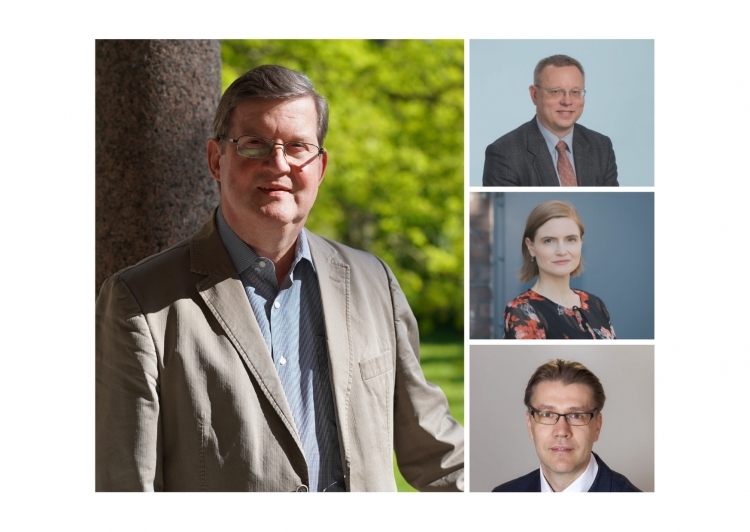Madis Kanarbik, the head of the Tartu office of the Nordic Council of Ministers (NCM), says that the Nordics form one of the world’s most integrated regions and that the experience of the Nordic countries confirms that the free movement of people is a key prerequisite to development. It has provided people with better opportunities in terms of living, working and studying in neighbouring Nordic countries.
“The restrictions brought in to combat coronavirus have led to a situation where cross-border movement and the problems associated with it have become increasingly topical, and where even greater attention needs to be turned to cooperation between countries and governments,” Kanarbik said. The free movement of people will also be one of the core objectives of Nordic cooperation over the next few years so as to ensure that people are able to relocate within the Nordic region, for example taking up suitable work, opening a business or studying in a neighbouring country.
In the podcast, Kanarbik leads a discussion on migration-related issues with Migration Institute of Finland director Saara Pellander, University of Tartu Faculty of Social Sciences dean Professor Raul Eamets and University of Tartu professor and academic Tiit Tammaru. In the course of the conversation they seek to determine whether migration is a problem that needs solving or an opportunity for further development. What are the main reasons that people migrate? Why don’t they simply stay at home? They discuss why supporting the cross-border movement of labour is worthwhile, how migration policies promote this and what the positive impact of migration is on the economy.
The podcast is the second in a series under the umbrella title of ‘The Sustainable Nordic Economy’, which looks at what sustainable economic systems are based on and what role the circular economy and bioeconomy have to play in this. The economy is reliant on the environment as much as it is on a variety of other factors: education, migration, the choices made by young people and the food system among them. For example, the economy cannot be promoted if there are not enough people with the working capacity and education to create value in it. For this reason, NCM green economy adviser Madis Tilga worked with other advisers from the Estonian office of the NCM to map key topics, paving the way for a series of podcasts in which local and Nordic guests air a range of views on the foundations of a sustainable economic system.
The podcasts are available on the NCM’s Soundcloud page.
You can also view the 2020 Nordic-Baltic migration conference ‘Cross-Border Mobility in the Nordic-Baltic Region’.

